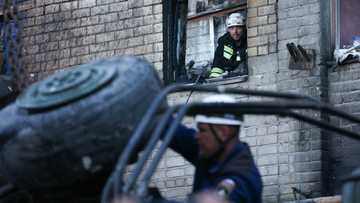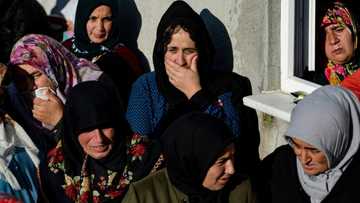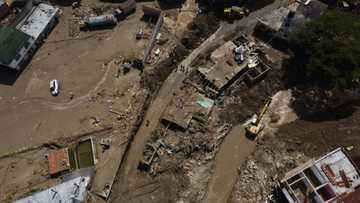Chad floods leave victims in despair
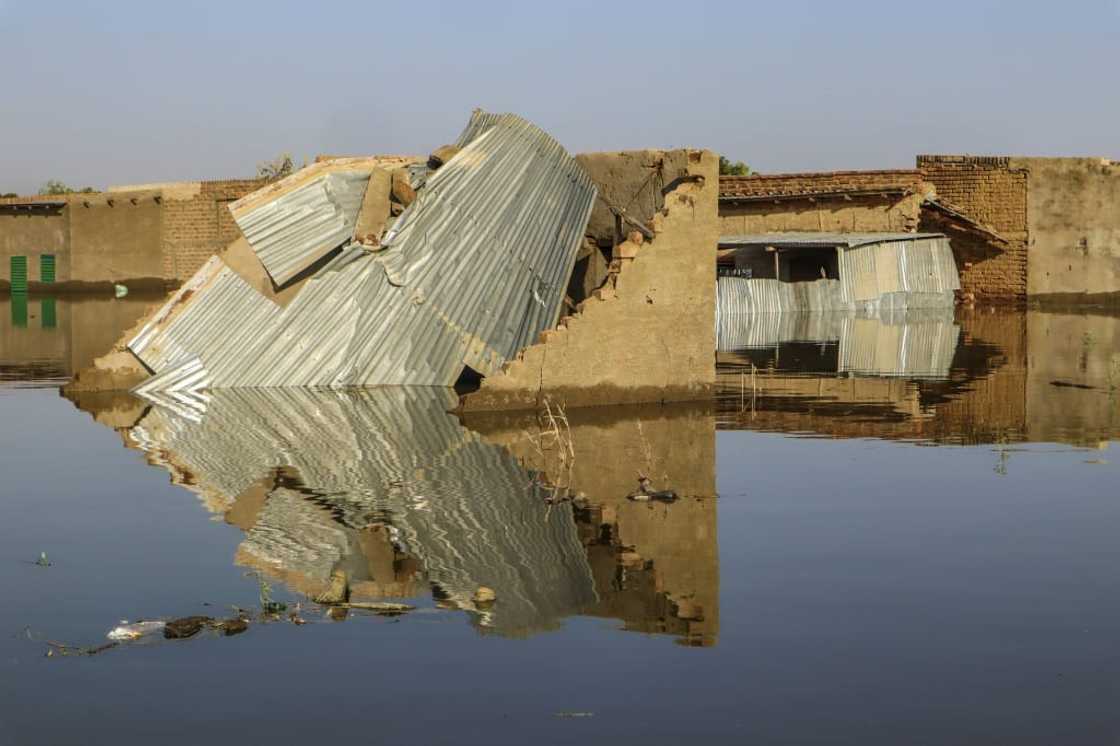
Source: AFP
PAY ATTENTION: Сheck out news that is picked exactly for YOU ➡️ find the “Recommended for you” block on the home page and enjoy!
One of the poorest and most arid states in the world, the landlocked nation of Chad has been hit by exceptional floods that have affected hundreds of thousands of lives.
In the beleaguered capital of N'Djamena, a field of tents has sprung up to provide emergency shelter and victims are striving to salvage what they can from the ruins of their homes.
In Walia, a poor neighbourhood to the south of the city, dozens of homes were ravaged last week after the Chari River burst its banks following torrential rains, an AFP journalist saw.
Water levels rose by up to five metres (16.4 feet), which local officials said was unprecedented, and swept aside makeshift defences erected by desperate inhabitants.
"The flood defences gave way on Thursday at 8 am and my house was completely engulfed," said Antoinette Nermercie, a woman in her 30s standing up to her ankles in water.
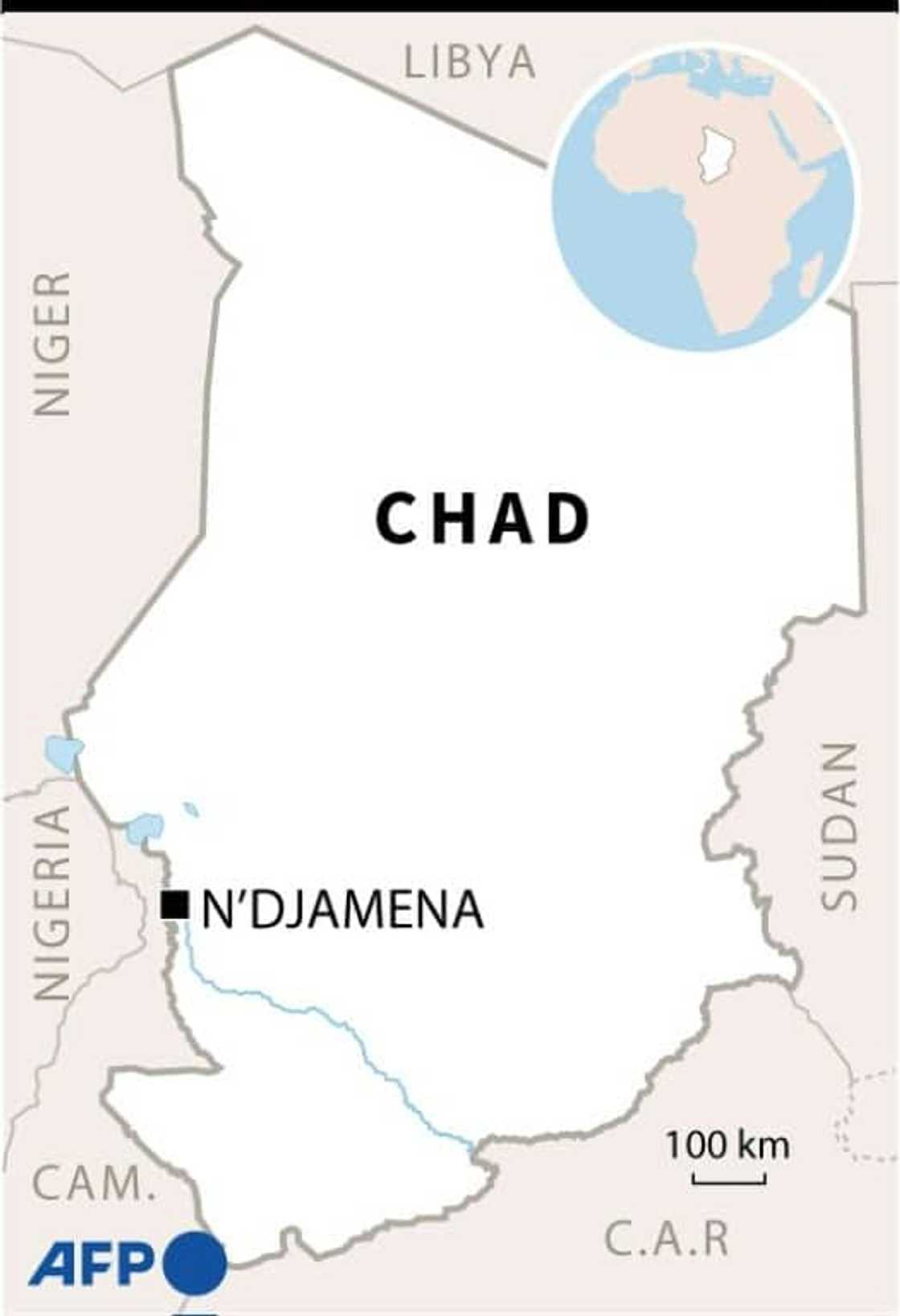
Source: AFP
PAY ATTENTION: Follow us on Instagram - get the most important news directly in your favourite app!
She scrabbled around to pick up pieces of corrugated sheeting, tied them together and placed them in a canoe, which would take her family and their belongings to a safer place.
"People are going around the streets in boats, stealing property from wrecked homes," she said, explaining that looters had already taken jewellery, money and a canister of cooking gas from her house.
'Under water'
On Monday, the side of the road leading from Walia to the capital was a desolate sight of mattresses, saucepans and crockery that people had retrieved from their homes.
"We don't have a place to stay, our belongings are in the street," said Marie Noelle Aziza. "I lost my money and gold. I have nothing left".
Since the end of June, more than 340,000 people in Chad have been hit by floods, according to a provisional UN report.
In the area around Walia, more than 60,000 people have affected, according to the authorities.
"Much of the district is under water," Mayor Mahamat Saleh Kerima said.
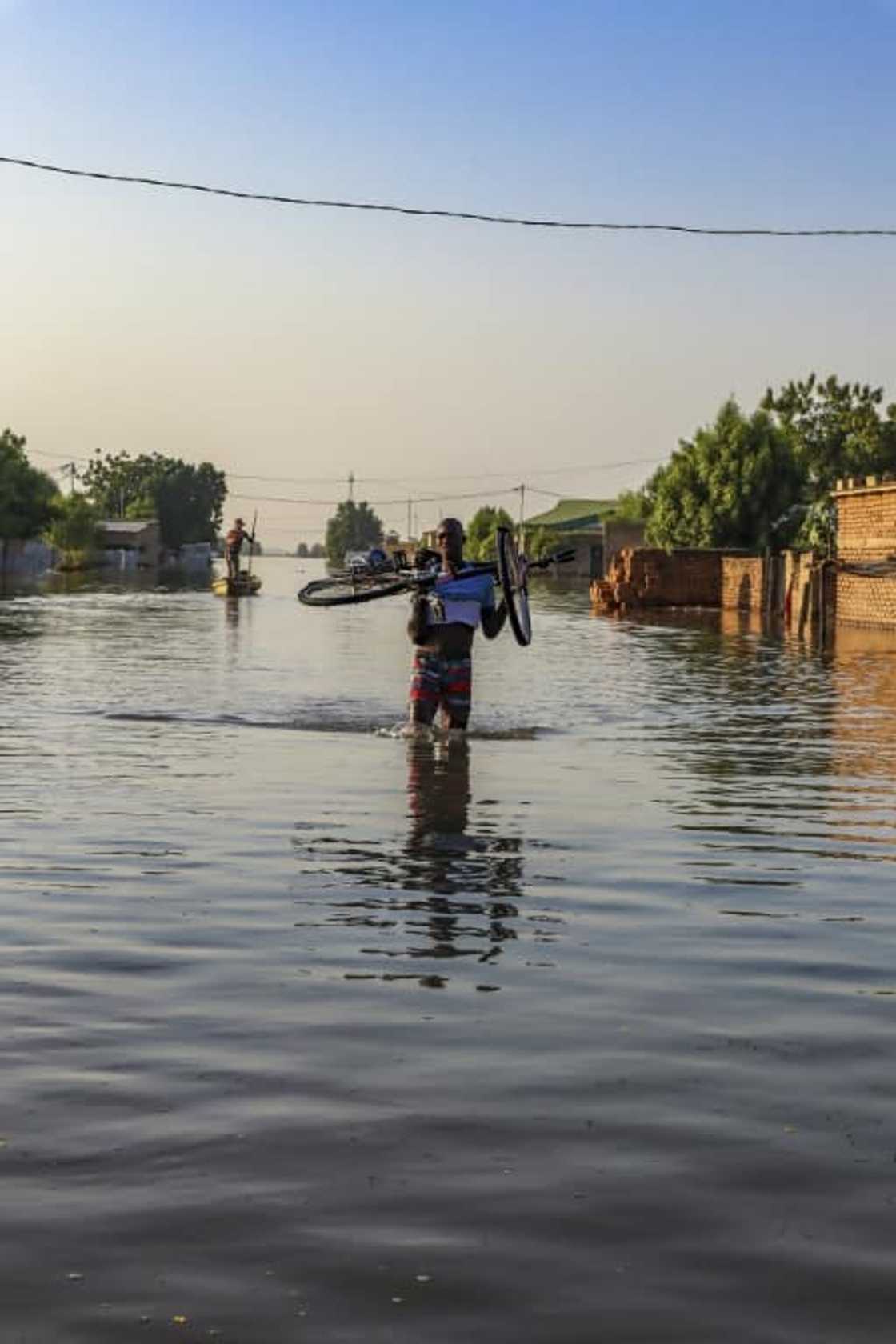
Source: AFP
An elderly woman died in her home last week, but there were no other known casualties, he said.
He said 100 members of the police force had been tasked with evacuating residents.
Some people have found shelter with their families in the city centre, he said, while tents have been set up to accommodate almost 2,000 people.
The mayor said the local authorities had distributed bags and sand to inhabitants to provide makeshift floodwalls, and the government and NGOs had also pitched in.
But this was not enough -- "the water levels this year were higher than in previous years," he said.
Ngartoim Ndojinga, a man in his sixties, said he had lived in the neighbourhood since he was a child and had never seen the river so high.
Climate link
Singambaye Djekounda of the National Meteorological Agency told AFP his organisation had predicted abnormal rainfall and warned of flooding in some areas.
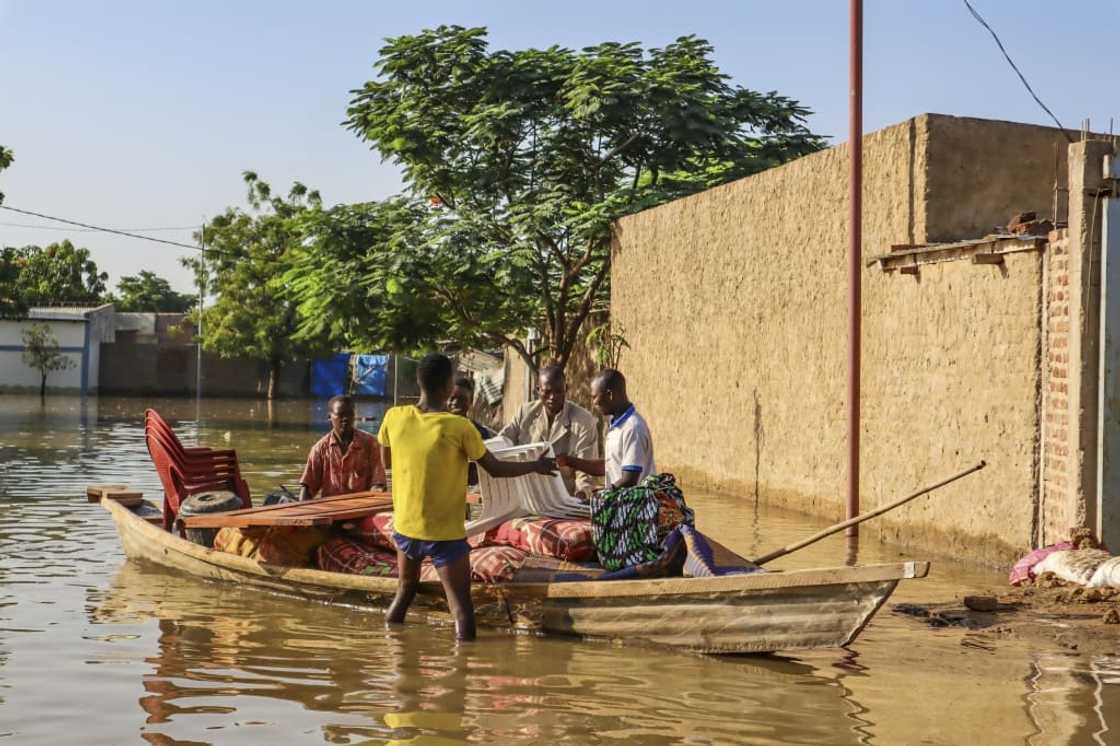
Source: AFP
"We asked the authorities to reinforce the dykes in N'Djamena but unfortunately, the appropriate measures weren't taken," Djekounda said.
The rainy season in the Sahel typically runs from June to September and routinely claims lives.
But this year, the devastation, and the rainfall, have been exceptional, say experts.
In neighbouring Niger, the poorest country in the world by the UN's development benchmark, 192 people died, more than a quarter of a million people were affected and 30,000 homes destroyed, according to figures released on October 6.
"All our studies say that these rains can be linked with climate change," Katiellou Gaptia Lawan, head of Niger's national meteorological agency, told AFP.
PAY ATTENTION: Сheck out news that is picked exactly for YOU ➡️ find the “Recommended for you” block on the home page and enjoy!
Source: AFP

